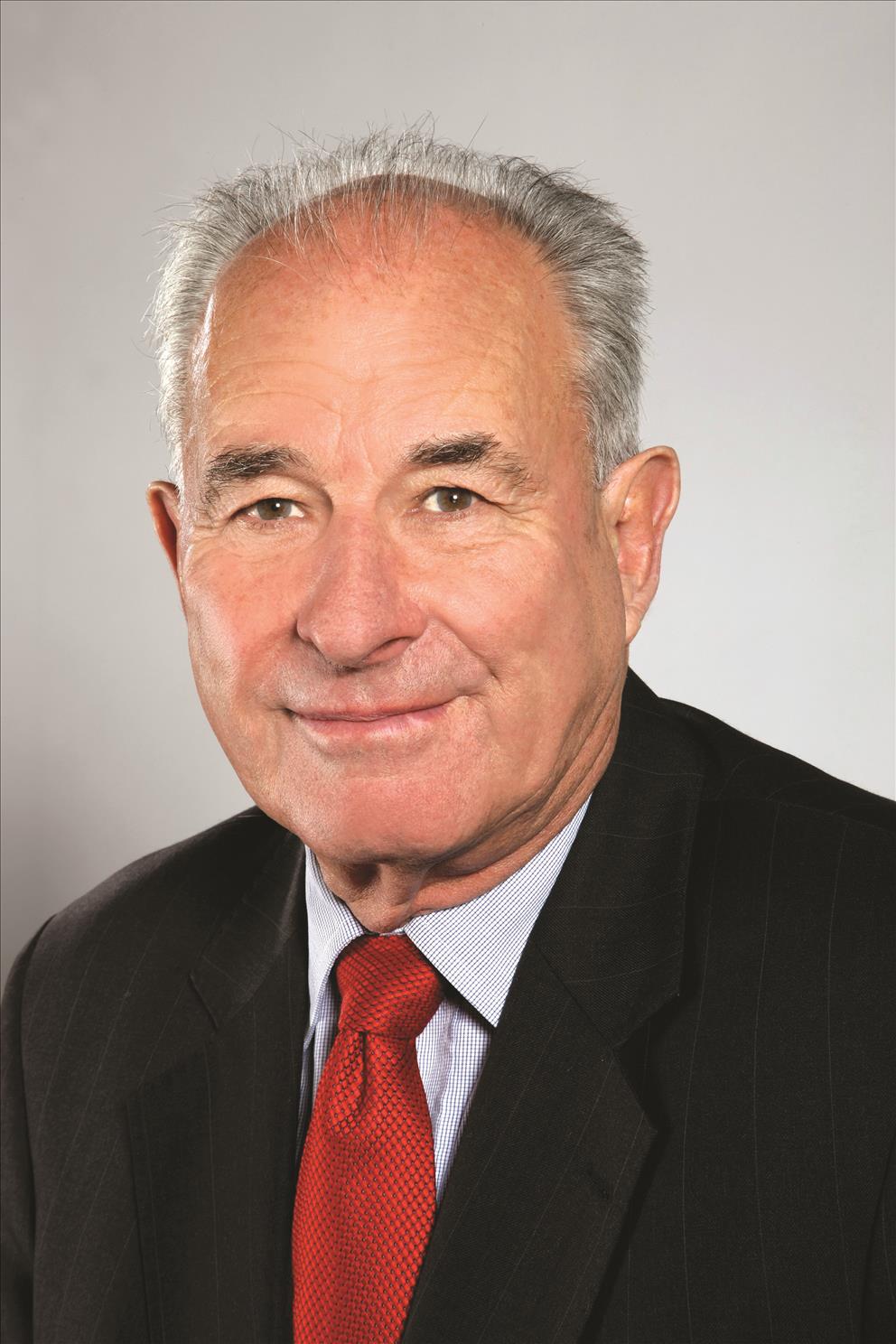Declining public engagement and participation in politics and inequalities in representation are among the most critical challenges facing democracy in many countries, says the Hansard Society.
The London based organisation may not be widely known in New Zealand but the organisation, which became a septuagenarian this year, has been working to strengthen the concept of democracy and democratic institutions including Parliament since its inception in 1944.
Parliament in question
The not-for-profit Society said in a study that apart from public apathy there was increasing concern about the role and purpose of elected Parliamentarians.
It believes that the health of representative democracy rests on the foundation of a strong Parliament and an informed and engaged citizenry.
“The role of ethics and standards in public life, the constitutional and political implications of a hung Parliament, the extent to which Parliaments are organised and resourced to perform effective scrutiny and the causes and consequences of deficiencies in the legislative process are all issues of concern,” a communique said.
According to the Society, there is a need to focus on how technology is transforming politics and whether new forms of direct democracy are viable and if so whether they desirable given our representative system.
It is also important to analyse the impact of the digital age on legislatures and the communication of parliamentary democracy.
Public engagement
The Society has been at the forefront of the development of public engagement initiatives adopted by the Westminster Parliament.
It created and managed the award winning Lords of the Blog site, the only collective blog maintained across party lines by members of a parliamentary chamber anywhere in the world.
Its award-winning ‘HeadsUp,’ an online debating forum for young people and policy-makers was recognised as one of the foremost sites of its kind, building on its pioneering work in the use of digital media to provide public submissions to Parliamentary Committees. The Society piloted the first-ever Select Committee consultation through an online forum.
More recently, working in partnership with universities and NGOs across Europe, it has been exploring how policy-makers can better engage in a two-way dialogue with the public by using new technology and how Parliaments and Governments might better detect, track and mine opinions and discussions on policy-oriented topics through tools such as social media and big data.
Around the world, there are challenges to democracy generally, and, against the many democratic institutions that have built up over the last 500 years.
Sir Don on Democracy
Does New Zealand face challenges to its Democracy?
 “Of course it does,” says Sir Don McKinnon, former Secretary General of The Commonwealth and former Deputy Prime
“Of course it does,” says Sir Don McKinnon, former Secretary General of The Commonwealth and former Deputy Prime  Minister and Foreign Minister of New Zealand, adding, “Democracy needs oxygen.”
Minister and Foreign Minister of New Zealand, adding, “Democracy needs oxygen.”
Sir Don is the Guest Speaker at the fourth Annual Indian Newslink Sir Anand Satyanand Lecture, scheduled to be held on Monday, July 28, 2014 at Pullman Hotel in Auckland.
Labour Member of Parliament (elected from Mt Roskill) and former Foreign Minister and Trade Minister Phil Goff will be the Master of Ceremonies.
Sir Don will examine the problems and challenges that we as New Zealanders face as a result of people’s disillusionment with democracy and those who are looking seriously at other forms of Government.
“The volume of discussion in recent times in international magazines suggests that we have to positively respond to this environment or lose the argument by default in favour of systems that have superficial appeal, lack a substantial foundation and have no real evidence of working,” Sir Don said.
Global moves
He will look at new governing moves in Russia, why China has done so well recently, why many Latin American countries resist true democratic institutions, why military dictators look appealing and why some countries do not seem to suit democracy.
Sir Don will expound on the fact that only true democracy can help in increasing the standards of living of people.
“More oxygen is needed so the role that New Zealand can play locally, regionally and globally. This and other issues will be addressed,” he said.
Youth Politics
The importance of involving the younger members of the society in the democratic process and making them understand the functioning of Parliament has encouraged many countries to organise ‘Model Parliament.’
In New Zealand, the Youth Affairs Ministry organises ‘Youth Parliament’ once in three years (usually during the second year of Parliamentary term) to provide a chance for youngsters throughout the country to understand parliamentary procedures, debate on issues affecting New Zealanders and feel the weight of being lawmakers.
Several Indian teenagers have represented former MPs Dr Ashraf Choudhary, Dr Don Brash and sitting MPs Ross Robertson, Dr Rajen Prasad and Kanwaljit Singh Bakshi.
The Hansard Society runs the largest ‘mock elections’ in schools programme, accounting for about one million pupils in UK over the past ten years.
As well as providing curriculum resources to teachers, the Society has provided political literacy training across the country. It was instrumental in the adoption of ‘Citizenship Education’ as a part of the national curriculum a decade ago and continues to campaign for improvements in political literacy support for young people, most recently as Chair of the Association of Citizenship Teaching and as a founding member of the national ‘Democratic Life’ campaign coalition.
The Fourth Annual Indian Newslink Sir Anand Satyanand Lecture will be held on Monday, July 28, 2014 at Pullman Hotel, Auckland. Auckland Regional Facilities Executive Chairman and Former Secretary General of the Commonwealth and former Deputy Prime Minister & Foreign Minister Sir Don McKinnon will be the Guest Speaker, under the theme, ‘The Challenges of Democracy confronting New Zealand.’ Member of Parliament and former Foreign Affairs & Trade Minister Hon Phil Goff will be the Master of Ceremonies. Tickets to the event, including cocktails from 630 pm to 730 pm, Black Tie Dinner and the Lecture, is priced at $140 plus GST per person (Tables seating ten persons at $1400 plus GST) are now available.
Please write to editor@indiannewslinnk.co.nz or call 021-836528.






